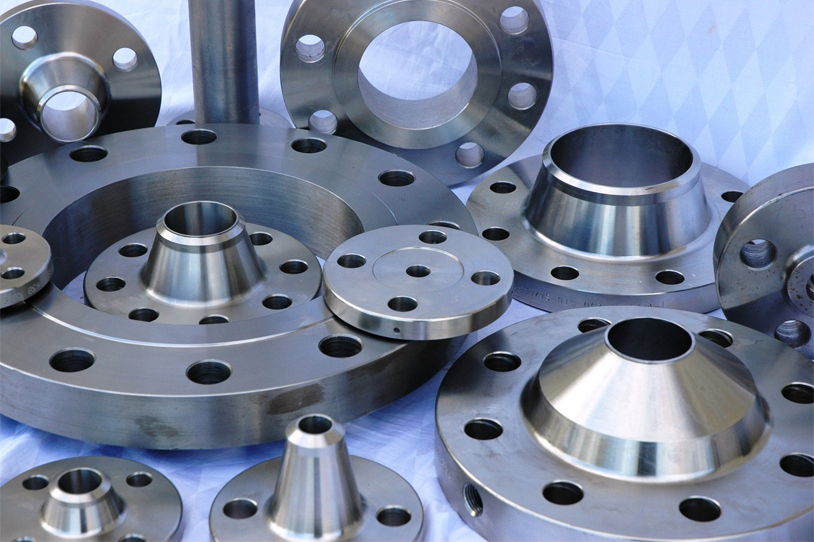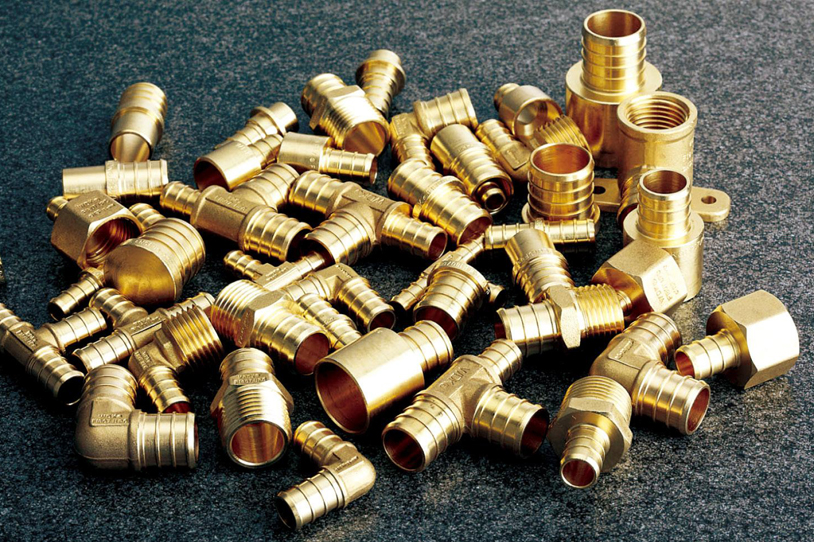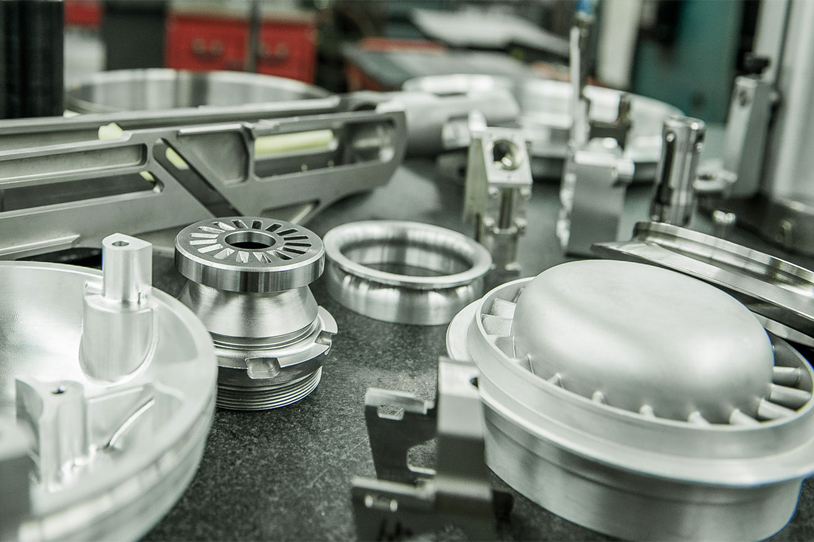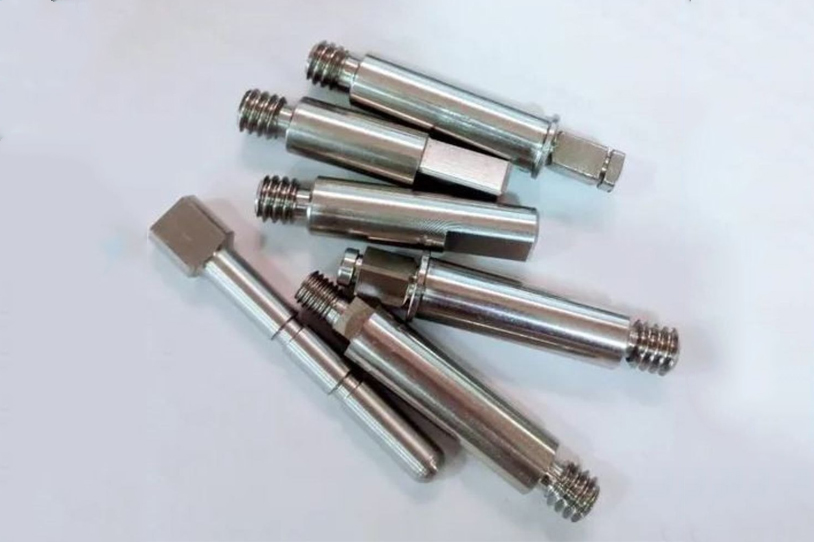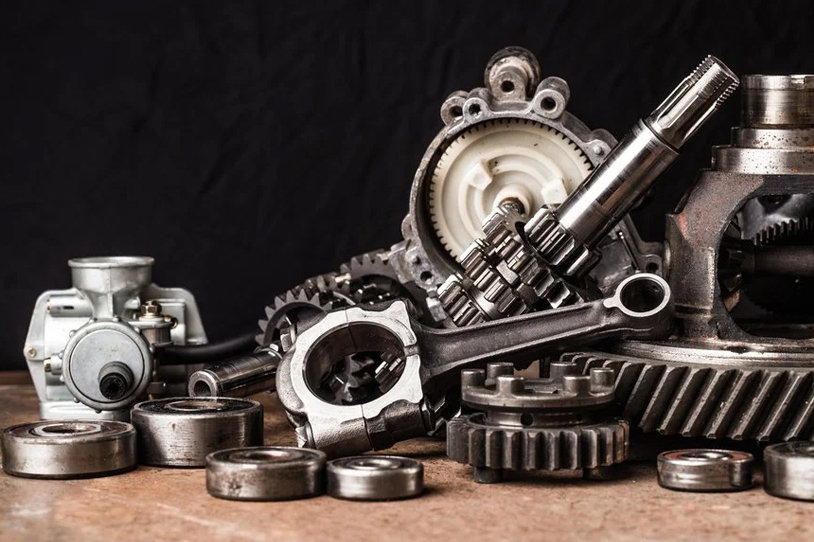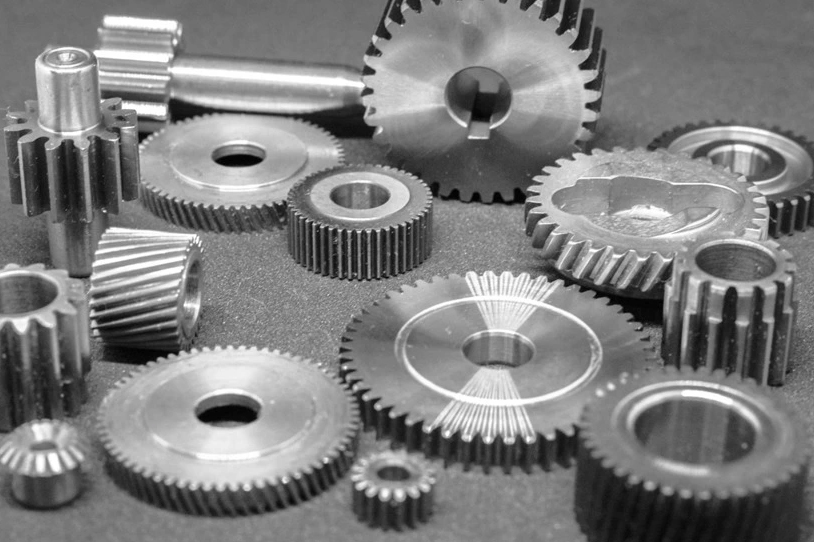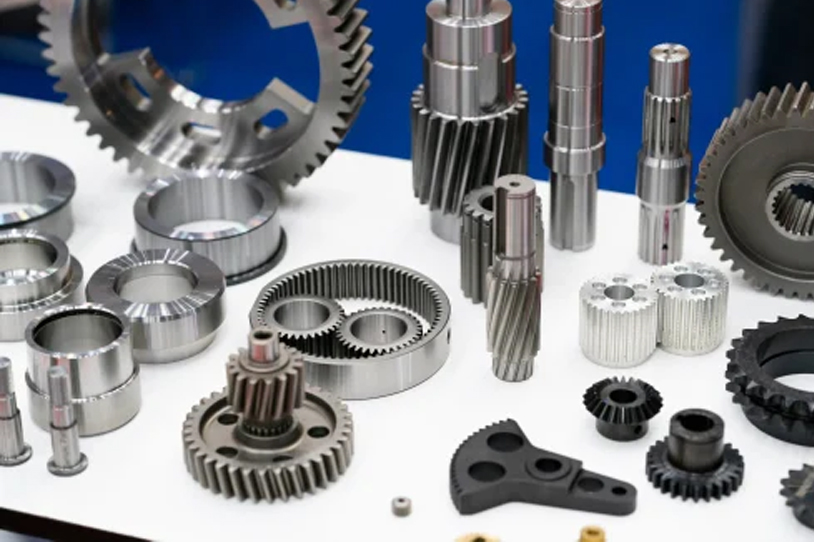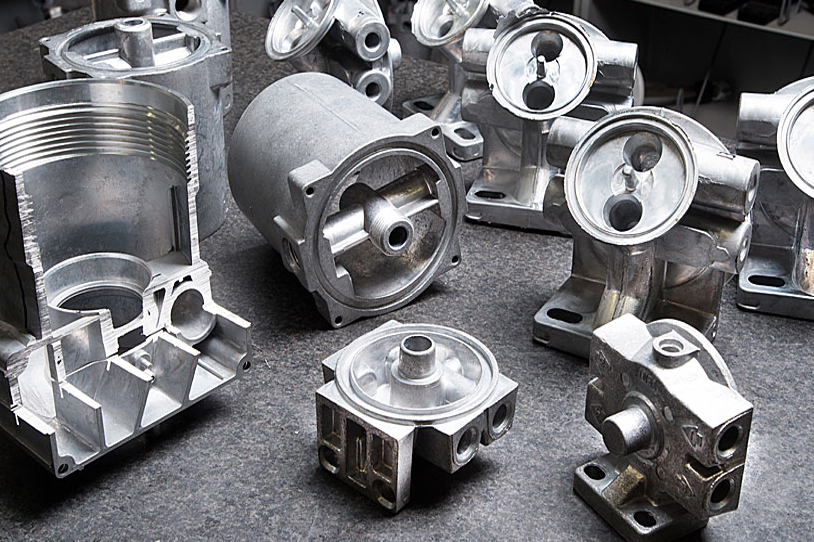Aluminium Flanges
Aluminium Flanges
One commonly used material for flanges is aluminium. Aluminum flanges have many benefits when compared to other materials. Aluminium is a lightweight and corrosion-resistant material that is perfect for applications where weight is a concern. They are most commonly made of carbon steel, alloy steel, stainless steel, or steel heavy with titanium and nickel alloys. One of the main advantages of flanges is that they allow for quick assembly and removal of different parts of a machine to connect pipes with each other, to valves, to fittings, and to specialty items such as strainers.
Brass Adopter and Fittings
Brass Adopter and Fittings
We are considered in the market to be one of the leading manufacturers and suppliers of this range of Brass Components. The finest raw materials and modern machines applied in its making, gives the product superior sturdiness, durability and resistance to corrosion. Further, its reasonable pricing, makes the product highly asked for, Moreover, we offer these adaptors to the customers in various sizes, dimensions and specifications in order to meet their exact requirements. Our offered products are highly demanded in automotive, hardware and engineering industries.
OEM Components
OEM Components
As we mentioned above, OEM Components stands for should your vehicle require replacement parts due to a mechanical breakdown or a collision, OEM replacement parts will be identical to those installed on your vehicle when it was initially built. An OEM Components uses its own label to sell its products, although the product may be marketed by a different manufacturer. This means that an original equipment manufacturer produces components that are used in a different company’s product.
Wet Grinder Shafts
Wet Grinder Shafts
The diverse requirements of our clients, we are engaged in manufacturing and supplying a wide range of Wet Grinder Shafts. These grinders are well designed by the team of skilled technicians and efficient workers of the industry. These grinders are used for grinding wet products and ensure long lasting service life. We are counted among the most venerated manufacturers and suppliers of a pristine range of Industrial Shafts. These products are known for their sturdy construction, excellent corrosion resistance and accurate dimensions.
Automobile Parts
Automobile Parts
Automobile Parts, a usually four-wheeled vehicle designed primarily for passenger transportation and commonly propelled by an internal-combustion engine using a volatile fuel. The Automobile Parts engine, transmission, drive shaft, wheels and tires, and the suspension system. The engine is the most important part of a car. It is what makes the car move forwards or backwards. The engine is powered by gasoline, which is burned to create energy.
Gear Parts
Gear Parts
Gears Parts can be manufactured by a variety of processes, including casting, forging, extrusion, powder metallurgy, and blanking. As a general rule, however, machining is applied to achieve the final dimensions, shape and surface finish in the gear with your machine for optimum performance and productivity. Which means you can rest assured that dealer stock levels remain replenished so you don’t have to wait for your part. We offer a comprehensive range of products and services—cutting edge gear solutions for a wide range of applications and specialized gear reconditioning services.
Forged Parts Machining
Forged Parts Machining
Most forging and casting processes result in dimensions and surface conditions that require machining to achieve the required shape and dimensionality. Component parts produced using additive processes may also require subsequent machining to achieve fit and finish for use in a final assembly. Forging machining is a manufacturing method that involves cleaning up a metal part to the precise dimensions that a company requires. The finished product is a loosely formed part as a result of the forging operation the process in which metals are formed and shaped using compressive forces.
Aluminium Die Casting Job Work
Aluminium Die Casting Job Work
The die casting process involves using a furnace, metal, die casting job Work, and die. Aluminum alloys for die casting are melted in a furnace and then injected into the dies by the die casting machine. Once the liquid aluminum is injected into the dies, it rapidly cools and solidifies into the final cast part. The molten metal is forced into the shape of the desired part by the use of pressure and heat. The die is a large, complex piece of metal that is heated until it is very hot. The molten metal is then poured into the die and forced into the desired shape. Then the die cooled down and the part is removed.

